BBC3 might now be able to take more risks - and BBC4 has dodged a bullet, writes Pat Younge
If any channel should have closed based on audience need it should have been BBC4. Why? Because the BBC4 audience is already super-served, via BBC2, Radio 4, Radio 3 and Radio 2.
Sure, BBC4 has some great shows, and it’s a channel I watch myself. But, in terms of how much of the BBC cake different audience groups get in return for their licence fee, BBC4 is like a thick layer of icing on top of a disproportionately large slice claimed by the upper and middle classes whereas the young, poor and ethnic minorities get far less than their fair share.
So how did BBC4 dodge the bullet?
Who knows, but I imagine the reasons could include some or all of the following:
- The core ‘upper middle-class’ BBC4 audience includes most members of the political and media establishment, and so the decision would alienated a key group needed to be onside for LF renewal.
- This core group in the country knows how to lobby and turns out to vote, creating further pressure on the political establishment.
- Tony Hall’s increased commitments to the arts would have killed BBC2 as a mainstream channel if it had been forced to pick up the slack following BBC4’s demise.
BBC4’s budget, at around £35-40M, isn’t big enough to solve or put a significant enough dent into the overall financial shortfall. So as well as the grief above, you get further grief from cuts elsewhere.
So that leaves BBC3, which is a shame because as the only demographically-targeted BBC television service, it was doing well with its target audience. But, before people declare all is lost, it’s worth considering this ‘online-only’ BBC3 proposition in the context of ever increasing convergence.
For example, in a converged world, what does it even mean to be a TV channel, and what will it mean five years from now? Given the ubiquity of BBCiPlayer, an online BBC3 would be available on every platform where it is currently available – Sky, Virgin, Freeview and Freesat – plus many others as well including Playstation, XBox and mobile.
There’s been much written about the demise of drama as a consequence of this move, but BBC3 only had one (maybe two) dramas in its budget. In the age of Netflix, there’s no reason why they shouldn’t continue on the new service, and there’s no reason why they shouldn’t thrive.
Similarly, Radio’s 2 and 4 can step in as the nursery slope for comedy – Goodness Gracious me, Miranda and Little Britain all evolved through the radio route, so some limited additional investment in radio comedy may be necessary to mitigate.
The new BBC3 may be an even better place to take risks with talent, especially new and increasingly diverse talent. Freed from the restrictions of a traditional schedule and BARB, they will have total freedom over content length and form; short-form, singles, interactivity are all possible in this online environment.
From a strategic perspective, if the Charter renewal process was looking radically at the future provision of services for young adults, I would argue it couldn’t continue with Radio 1 and BBC3 as two separate services for the same demographic. A converged world calls out for a single, coherent and co-ordinated offer, which this move could enable. It would also give the BBC a great opportunity to start modelling what the future on-demand world might look like for a mainstream broadcaster.
What will determine the success or otherwise of this new venture comes down to money, in particular how much money it will have to commission new content and how much money (and prominence) it will have for marketing. It will need sufficient money for new content, and then freedom to spend that money in a way that makes sense to its platform and audience as it grows. It also needs a significant commitment to cross-promotion and marketing spend (i.e. cash) so that people know what’s available and when.
Answers to these questions are central to understanding whether BBC3 is changing form or being closed. Done properly, rather than put the licence fee in jeopardy, the knowledge gleaned from this move may turn out to be the best long-term protector of the BBC and its interests.
Pat Younge is the former chief creative officer of BBC Productions and now runs the consultancy We Create Associates. This piece also appears on his blog











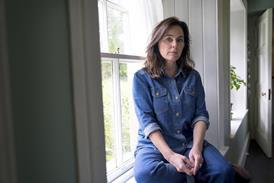
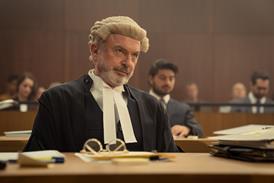
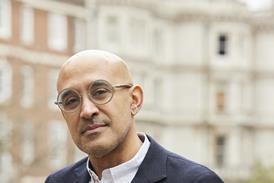
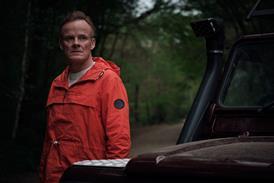






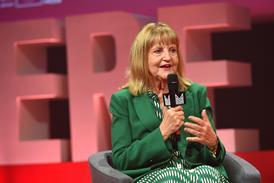



No comments yet